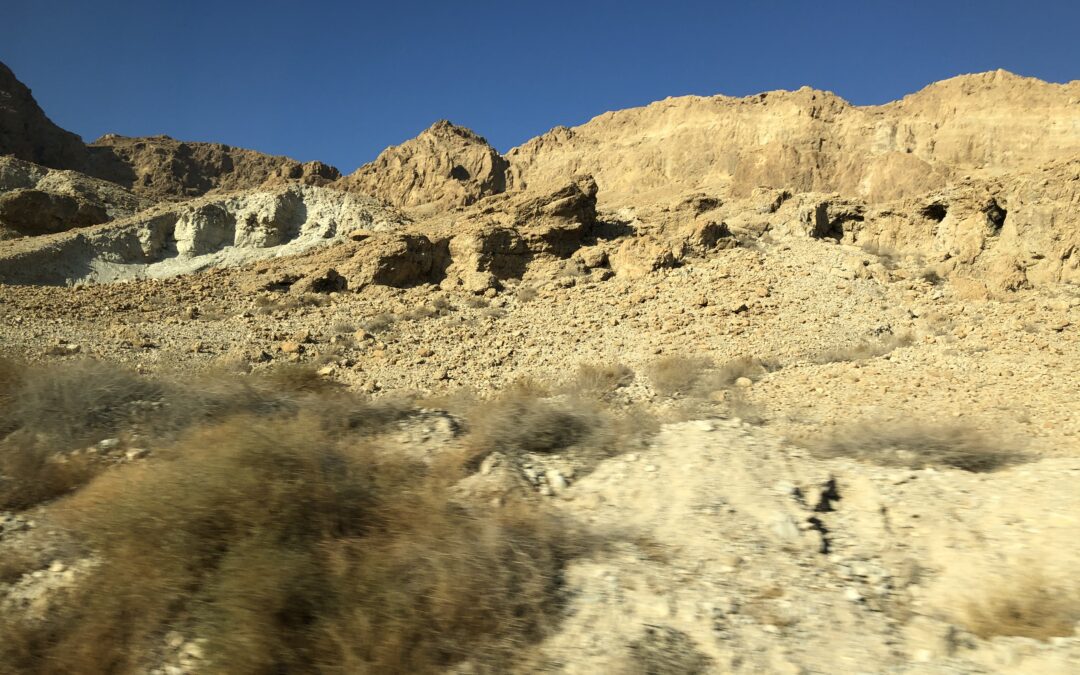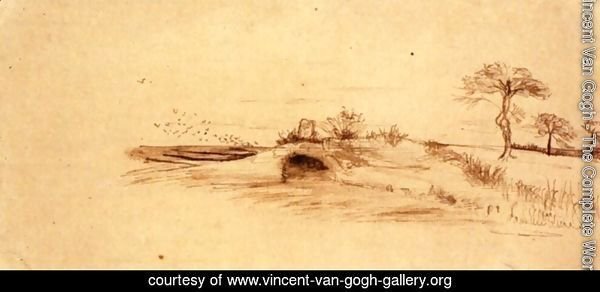www.flickr.com/photos/martynstarkey/2574668021/
Vayeshev: Settling Down, Never Stopping
by Rabbi Jeffrey Segelman
Parshat Vayeishev begins by telling us that “Jacob settled in the land of Canaan.” Our commentator Rashi calls our attention to the very first word, “vayeishev–he settled.” This word suggests that he was finally settling down after so many tumultuous years. After all, he had fled from his brother, endured 20 painful years of servitude to Laban, married two wives and two concubines–navigating those stresses and jealousies–and fathered 12 sons and a daughter. And just when he thought that he had finally come home and made peace with his brother, his life is again thrown into turmoil by the rape of his daughter and the violent revenge of two of his sons. Yet, through it all, he endured the stress and kept his faith in God.
And now our parshah begins. Vayeishev–he settled down. One can hear Jacob saying, “I’m back. I fought my battles and made my peace and now I will live the rest of my days in the land of promised to my grandfather, my father and to me.” Vayeishev – it sounds like he was ready to retire!
As soon as we learn of his plan, what would become the most difficult test of his life begins to unfold as Joseph and his brothers divide the family. When Jacob himself sends Joseph to check up on his brothers, they sell him as a slave and give their father the impression that he has been killed. Clearly, Jacob’s plan to “retire” was premature.
We saw this in past Torah stories. Remember Noach? He thought his life’s work was done when the ark rested. He planted a vineyard and thought he’d spend the rest of his days relaxing with a glass of wine. It was a big mistake, and the man who had begun his work as a tzaddik–a righteous man–ends his life mundanely at best, and tragically at worst.
We can even see this in Abraham’s life. The father of our people lived a life of trials, tribulation and hardship, but through every conceivable situation, he stood with God to establish the covenant. All he wanted was to have a son with his beloved Sarah, and miraculously, it happens at the age of 100 when Isaac is born. Again, one can imagine that Abraham and Sarah thought they were done. They had a most successful journey and now that were enjoying the fruit of their labor. What neither realized was that the most difficult challenges to their faith and their spirit remained ahead.
Rashi, quoting Midrash Bereshit Rabbah (84:3) teaches, “Jacob sought to settle in tranquility, but the ordeal of Joseph was sprung upon him. The righteous seek to dwell in tranquility, but the Holy Blessed One said, ‘The righteous do not consider that which is prepared for them in the world to come to be enough, that they have to dwell in tranquility on this world as well?’”
The Midrash teaches an important idea: While it is true that we can (and should) come to a point in our lives when we can retire from our physical material work, we can never retire from our spiritual work and from the spiritual challenges that life presents. It is true that some of life’s most difficult and complex spiritual challenges happen later in life. Indeed, retirement from our material work often grants us the time to focus on and strengthen our souls, preparing us for the spiritual challenges ahead. The years of retirement free up our time to pursue those things which nourish our souls. Torah study, prayer and meditation are among the many things which, in younger years, may have had to take second and third place to more mundane, albeit pressing, responsibilities of the moment.
But it may be more than just having the time in retirement. In our prayers, we often speak of God “on high.” From our youth, our religious training gives us the instinct to look up when speaking or thinking about God. But God is everywhere, so why look up? The answer lies in the fact that when someone (or something) is higher up, it has a better perspective. It sees a bigger picture, and life’s realities can be understood in a larger context. God “on high” sees the biggest picture, and we look to that God to help us with the perspective we need to best understand and appreciate our own lives.
So too with aging. As we reach retirement age, we have a bigger picture of life. More perspective. Greater context. That perspective is more valuable to us at this stage than our physical ability to produce was when we were younger. And when we appreciate that fact, we come to a deeper understanding of, and a greater willingness to embrace God.
We can never retire from life’s spiritual challenges because it is when we “retire” that we are truly best able to rise to those challenges. As we do, we not only confront them for ourselves, but we become the teachers of our children and our grandchildren. Rabbi Gedaliah Schorr, in his Torah commentary “Or Gedaliah,” writes, “This is the import of the sages’ teaching, that this world is not the place where the righteous should expect tranquility. There is too much to accomplish. Knowing that, the righteous are willing to sacrifice a bit of temporary peace for the sake of elevating their lives and the lives of the offspring.”
When we look at the world today, we see no shortage of profound challenges facing us and our grandchildren. Far be it for us to say we are done and we just want some peace. No one has more wisdom, more perspective, and more context than us. May our bodies find relaxation in the years of retirement, and may our souls work to become stronger for our offspring, because like Jacob, they need us now more than ever.
Rabbi Jeffrey Segelman is a member of the faculty of The Academy for Jewish Religion and the rabbi emeritus of the Westchester Jewish Center in Mamaroneck NY.











0 Comments